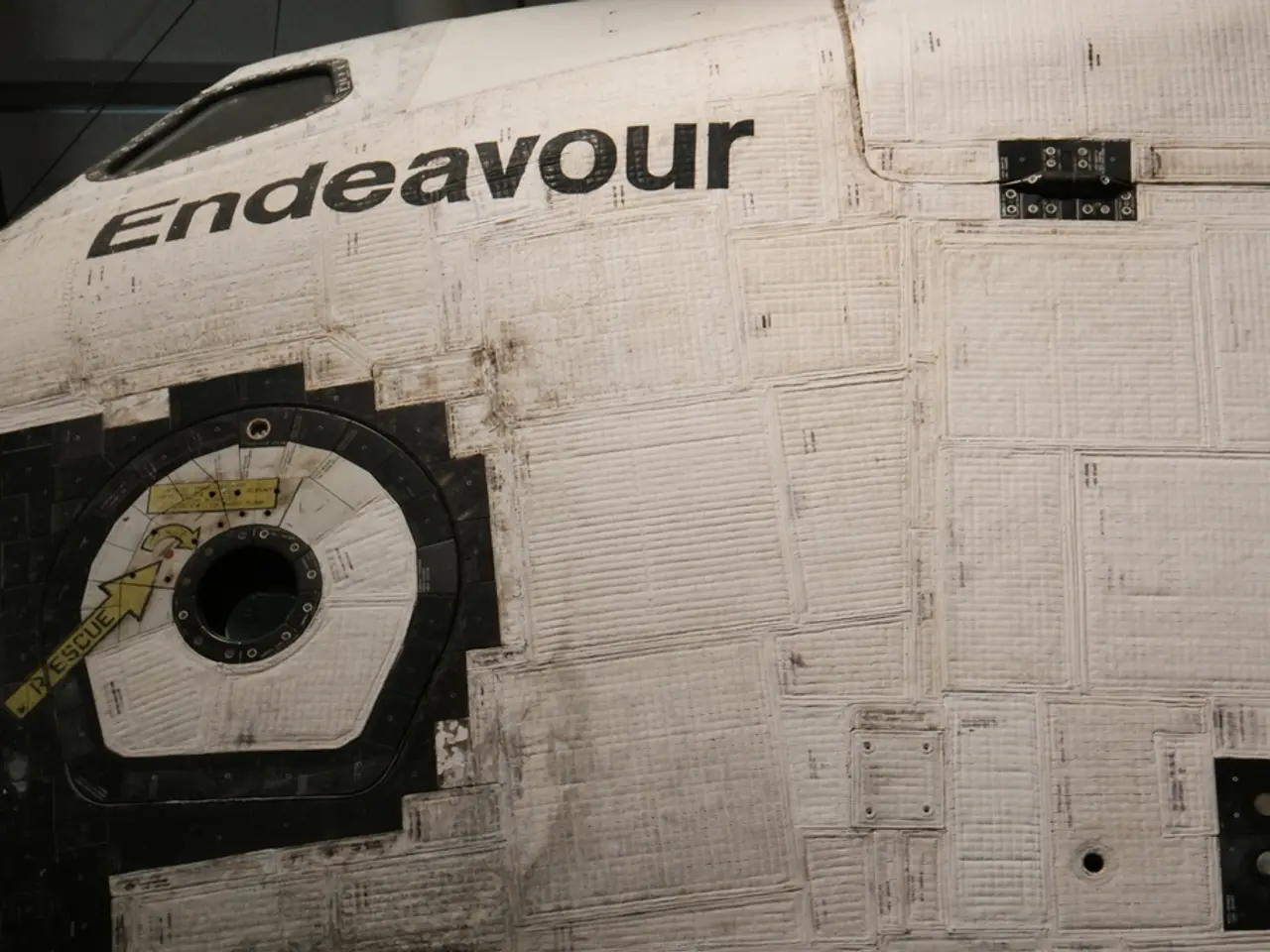Space Conference Cancelled Due to NASA Budget Reductions Endangering Astronauts and Supplies
The International Space Station (ISS) is set to remain operational through at least 2028, as the Center for the Advancement of Science in Space (CASIS) announced the cancellation of the ISS Research and Development Conference scheduled for the end of July in Seattle.
The ISS currently maintains a crew of at least four NASA astronauts and international crew members, but NASA is evaluating the potential for moving to three crew members in the coming years. This reduction in crew size is part of a broader budget proposal that faces significant cuts across many programs.
The proposed 2026 budget for NASA includes a commitment of not less than $250 million per year for space operations related to the ISS through fiscal years 2025 to 2028. This funding is intended to cover operations "to, from, and on the ISS," ensuring its continued function through at least 2028. However, the budget drastically reduces funding for science activities aboard the ISS, cutting nearly all science work and slashing the Microgravity and Biological Science Division budget by roughly 80%.
A Senate proposal led by Sen. Ted Cruz suggests $1.25 billion allocated over five years for ISS operations, which would keep the station operational through its planned end-of-life timeline. Despite this additional funding, the overall NASA budget is proposed to be cut by nearly 25%, affecting many programs.
The ISS National Lab, operated by CASIS, is expected to face a reduction in funding from $1.24 billion to $920 million in the 2026 budget. This budget cut could lead to significant reductions in crew and cargo flights to the ISS. NASA has only planned for three cargo drop-offs in 2025, down from four or five in previous years.
The ISS, which has maintained a steady presence of orbital science above Earth's surface, is due for retirement in a few years. It is expected to be replaced by multiple commercial space stations in 2030, including Orbital Reef, Axiom Station, and Starlab. However, these commercial space stations are not yet ready to host astronauts in low Earth orbit.
Despite the budget cuts, the reduced research capacity on the ISS will be focused on efforts critical to the Moon and Mars exploration programs. The ISS's continued function through at least 2028 will provide essential data and insights for these future missions.
Sources:
[1] NASA.gov (2022). NASA's FY 2026 Budget Request. [online] Available at: https://www.nasa.gov/press-release/nasas-fy-2026-budget-request
[2] SpaceNews.com (2022). NASA's FY 2026 budget request proposes 24% cut to agency. [online] Available at: https://spacenews.com/nasas-fy-2026-budget-request-proposes-24-cut-to-agency/
[3] SpacePolicyOnline.com (2022). Senate Cruz Proposal Would Provide $1.25 Billion for ISS Operations. [online] Available at: https://spacepolicyonline.com/news/senate-cruz-proposal-would-provide-1-25-billion-for-iss-operations/
[4] TheVerge.com (2022). NASA's 2026 budget request proposes a 24% cut to the agency's total funding. [online] Available at: https://www.theverge.com/2022/3/15/22986374/nasa-2026-budget-request-24-cut-science-missions-artemis-mars-spacex
- Gizmodo reports that the International Space Station (ISS) could face significant reductions in science research activities due to budget cuts, as the Microgravity and Biological Science Division's budget may be slashed by 80%.
- The future of mental health research in space is uncertain, as the ISS's reduced research capacity may impact efforts critical to understanding the effects of long-term space travel on astronauts' mental health.
- Despite the budget cuts, the Science section of Health-and-Wellness magazines might still feature articles about the ISS's potential role in preparing for future missions to the Moon and Mars, as the station is set to remain operational through at least 2028.
- The space-and-astronomy community is closely monitoring the development of commercial space stations set to launch in 2030, such as Orbital Reef, Axiom Station, and Starlab, which could potentially take over the ISS's duties in low Earth orbit after its retirement.




